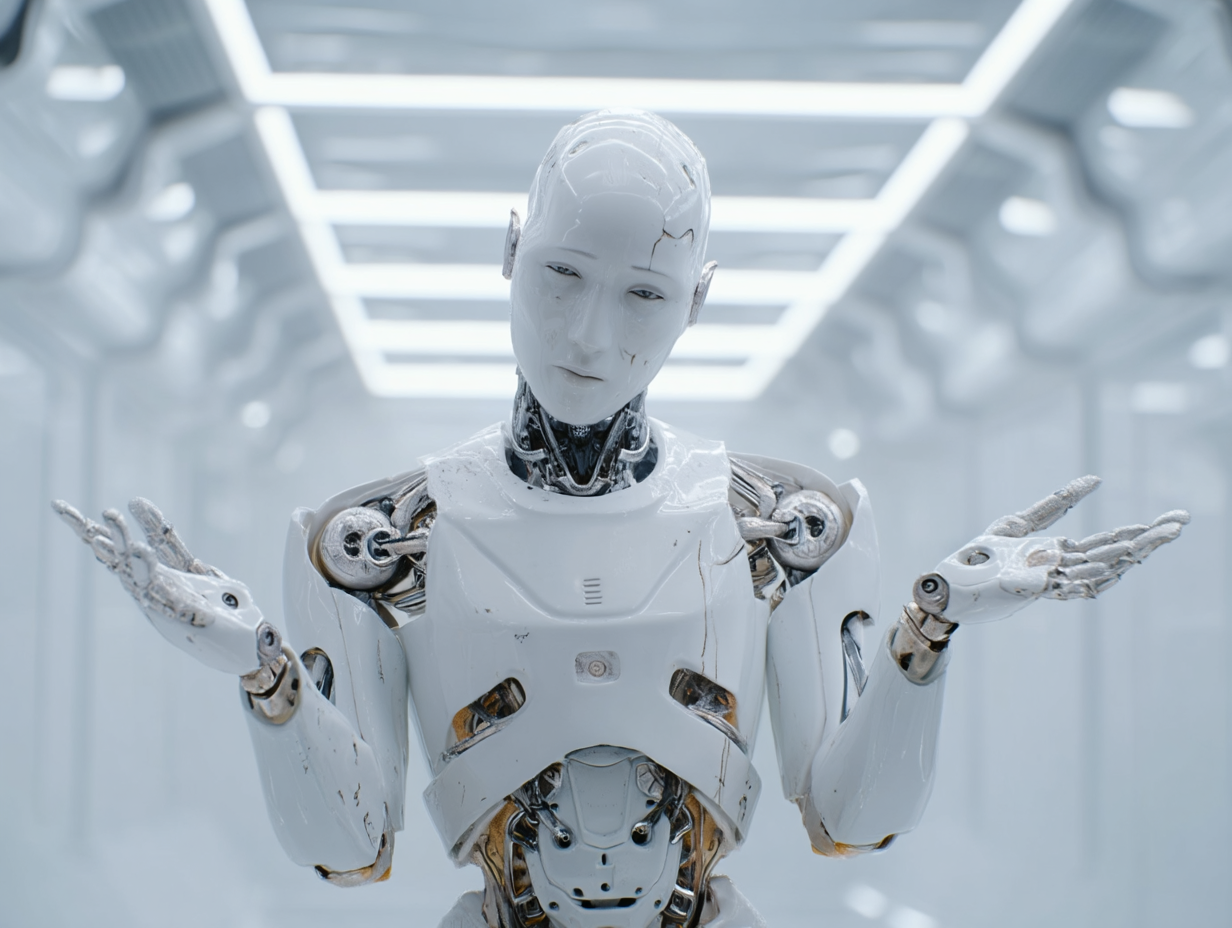Real Talk > Fake Certainty
You know those smarty‑pants AIs that spew confident—but totally made‑up—answers? That stops now. A new MIT spin‑out called Themis AI has created something called Capsa—a kind of conscience plugin for language models that teaches them to frankly admit when they’re stuck
Think about it: wouldn’t you rather hear “I’m not sure” than be fed a plausible but false answer? Capsa keeps an eye (well, its own confidence signals) on what the AI is about to say. If it smells trouble—say, producing something based on guesses—it jumps in with:
“Hold up, I might be wrong.”
This is a game‑changer for high‑stakes fields—like healthcare, finance, telecom—where hallucinations could lead to big mistakes.
No need to retrain a new model. Capsa is a lightweight add‑on that slots into existing systems—from LLaMA to GPT‑4. It’s already being tested in real businesses: telecoms dodging multimillion‑dollar miscalculations, oil & gas teams steering clear of phantom seismic readings.
Why This Matters To Us.
Trust beats swagger
A chatbot that owns “I might be off” earns more trust than one that bull‑rushes with false certitude.
Regulatory runway ahead
With AI regulations looming, having hookup for uncertainty alerts just might be mandatory.
Works for edge‑systems
Small on‑device models can call home only when Capsa flags doubt—speedy performance without losing safety.
What You Could Do With It Tomorrow
Customer support bots that reroute tough questions to humans before they hallucinate loyalty discounts.
Clinical tools that say “not convinced—that might be wrong” instead of confidently citing fake drug interactions.
Code copilots that inject “TODO: verify this” when they’re not fully confident.

